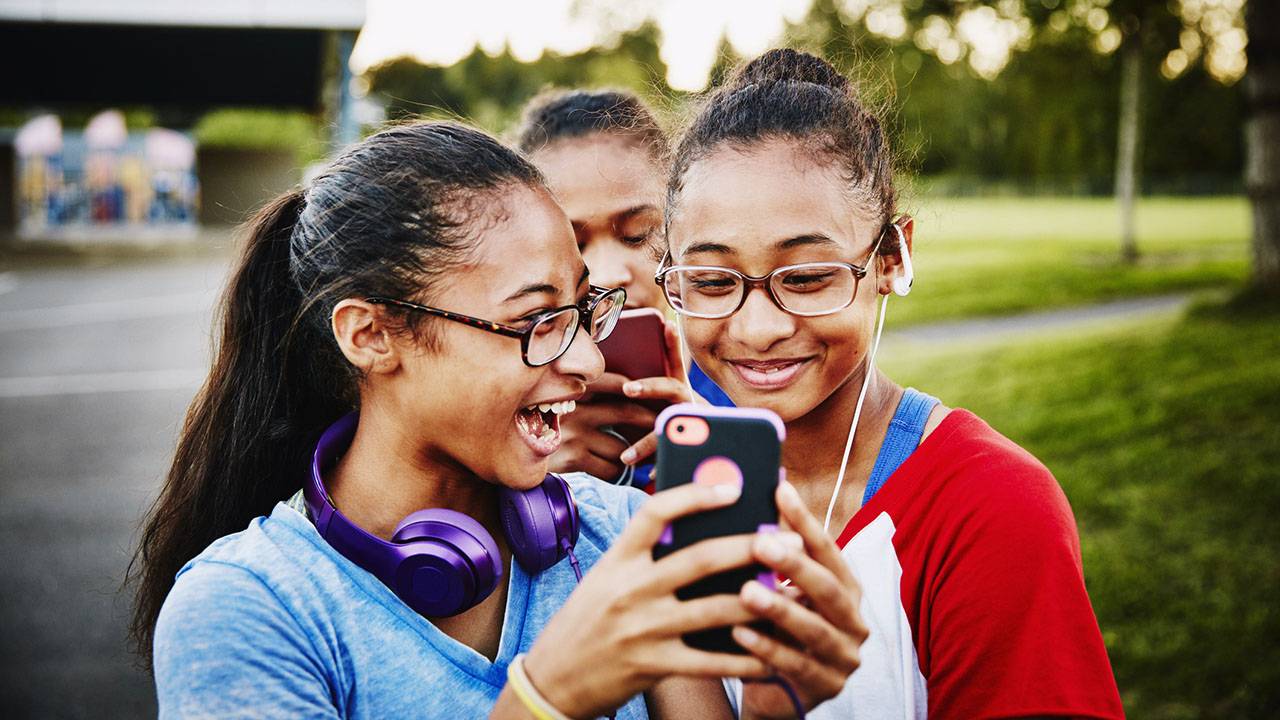Social Media and the Youth: A Double-Edged Sword
In the era of technology, social media has become an integral part of our daily lives. It has revolutionized the way we communicate, connect, and consume information. While it has undeniable benefits, the impact of social media on the youth is a subject of ongoing debate. It has proven to be a double-edged sword, bringing both tremendous opportunities and potential risks to the younger generation.
One of the most significant positive aspects of social media for youth is its power to connect individuals across geographical boundaries. It enables young people to interact, communicate, and collaborate with like-minded individuals, fostering a sense of belonging in an increasingly globalized world. Social media platforms serve as a springboard for youth activism, allowing them to raise awareness, express their opinions, and initiate social change. It provides an unparalleled platform to mobilize for important causes, advocate for justice, and challenge outdated norms and systems.
Furthermore, social media has also opened up countless avenues for self-expression and creativity. It allows the youth to showcase their talents, whether in the form of art, music, writing, or any other creative endeavor. Young individuals can gain recognition and appreciation, and even monetize their skills through various online platforms. Social media has democratized the creative industry by providing an equal opportunity for all, regardless of background or connections.
However, on the flip side, social media can also have detrimental effects on the mental health and well-being of the youth. The constant exposure to carefully curated, idealized versions of others' lives can lead to comparison and feelings of inadequacy. The rise of cyberbullying on social media platforms has contributed to a significant increase in mental health issues among today's youth. The pressure to conform to beauty standards, societal expectations, and the fear of missing out (FOMO) can lead to anxiety, depression, and decreased self-esteem.
Moreover, the addictive nature of social media can negatively impact the youth's productivity and real-life relationships. The constant need for validation through likes, comments, and followers can create an unhealthy obsession with online popularity, compromising their ability to focus on other aspects of their lives. It can hinder their ability to form genuine connections and engage in face-to-face interactions, leading to social isolation and loneliness.
As responsible adults and educators, it is necessary to empower the youth with the tools and knowledge to navigate the digital world effectively. Education on media literacy, critical thinking, and responsible digital citizenship is crucial. Young people need to be aware of the potential dangers of oversharing personal information, the consequences of cyberbullying, and the importance of maintaining a healthy balance between their online and offline lives.
Social media platforms themselves also have a responsibility to create safer and more ethical environments for the youth. Implementing stricter guidelines and regulations to combat cyberbullying, promoting positive online interactions, and providing mental health resources can make a significant difference in shaping a healthier social media landscape for the younger generation.
In conclusion, social media and the youth share a complex relationship. Despite its benefits in terms of connectivity, self-expression, and activism, the negative impacts on mental health and social well-being cannot be overlooked. It is essential for all stakeholders involved – parents, educators, policymakers, and social media platforms – to work together to ensure that the youth can harness the full potential of social media while minimizing its risks. Only then can we create a digital environment that nurtures their growth and well-being in an increasingly interconnected world.




No comments yet
Be the first to share your thoughts!